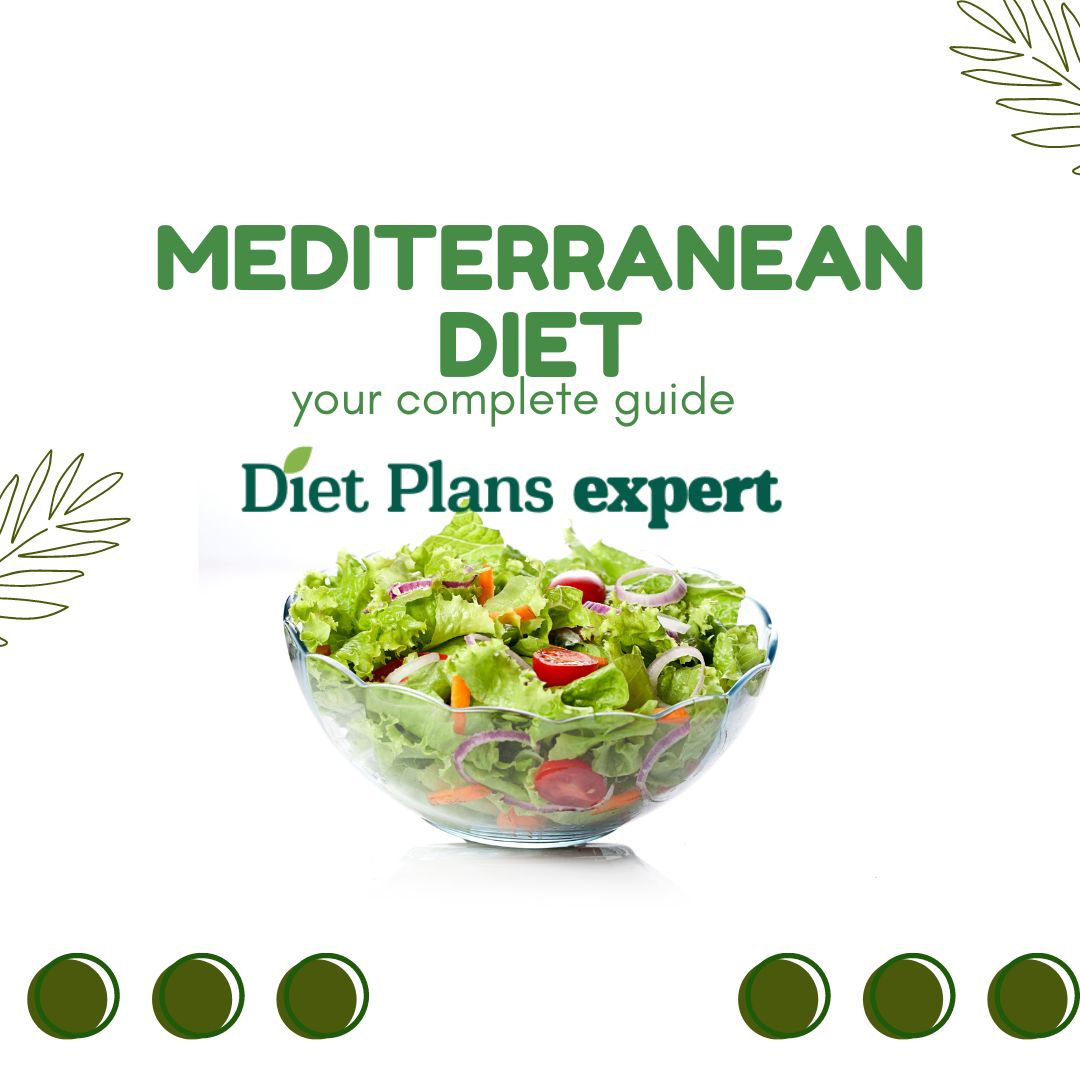
The Mediterranean diet is a healthy and sustainable way of eating that has been around for centuries. It is based on the traditional foods of countries bordering the Mediterranean Sea, such as Greece, Italy, and Spain.
The Mediterranean diet is rich in fruits, vegetables, whole grains, legumes, nuts, and seeds. It is also low in saturated fat, processed foods, and red meat.
The Mediterranean diet is a way of eating that emphasizes plant-based foods, healthy fats, and moderate amounts of seafood, poultry, and dairy. It is also low in processed foods, red meat, and saturated fat.
The Mediterranean diet is based on the traditional foods of countries bordering the Mediterranean Sea, such as Greece, Italy, and Spain. These countries have some of the highest life expectancies in the world, and many experts believe that the Mediterranean diet is one of the reasons for this.
The Mediterranean diet works by providing your body with the nutrients it needs to stay healthy. It is rich in antioxidants, which can help protect your cells from damage. It is also low in processed foods, which are often high in unhealthy fats and sugar.
The Mediterranean diet has been shown to have many health benefits, including:

Healthy food for Mediterranean diet. Photo by Nadine Primeau on Unsplash
The Mediterranean diet has been shown to have many health benefits, including:
The Mediterranean diet is generally safe for most people. However, there are a few potential risks and considerations to be aware of.
The Mediterranean diet is based on the traditional foods of countries bordering the Mediterranean Sea. These countries have some of the highest life expectancies in the world, and many experts believe that the Mediterranean diet is one of the reasons for this.
The Mediterranean diet is rich in antioxidants, which can help protect your cells from damage. It is also low in processed foods, which are often high in unhealthy fats and sugar.
The mechanisms behind the health benefits of the Mediterranean diet are not fully understood, but it is thought that the antioxidants in the diet help to protect cells from damage, and the healthy fats in the diet help to lower inflammation.
When you follow the Mediterranean diet, your body undergoes a number of metabolic changes. These changes include:
The Mediterranean diet has been shown to have a number of beneficial effects on health, including:
The first step to getting started on the Mediterranean diet is to set realistic goals. Don’t try to change everything overnight. Start by making small changes, such as adding more fruits and vegetables to your diet or cooking with olive oil instead of butter.
If you’re used to eating a lot of processed foods, it’s a good idea to transition into the Mediterranean diet gradually. Start by replacing some of your processed foods with healthier options, such as whole-wheat bread or brown rice.
The Mediterranean diet is based on eating plenty of fruits, vegetables, whole grains, legumes, nuts, and seeds. It is also low in saturated fat, processed foods, and red meat.
A typical Mediterranean meal might include:

Fish Plate
Photo by Jenn Kosar on Unsplash
Here are some foods that you should eat on the Mediterranean diet:
A table of some foods to eat on a Mediterranean diet plan:
| Food Group | Examples |
|---|---|
| Fruits | All fruits, especially berries, citrus fruits, and leafy greens |
| Vegetables | All vegetables, especially dark green, leafy vegetables, cruciferous vegetables, and tomatoes |
| Whole grains | Whole-wheat bread, brown rice, quinoa, farro, and bulgur wheat |
| Legumes | Beans, lentils, and chickpeas |
| Fish | Fatty fish, such as salmon, tuna, and mackerel |
| Olive oil | Extra virgin olive oil |
| Nuts and seeds | Almonds, walnuts, peanuts, chia seeds, flaxseeds, and sunflower seeds |
| Dairy | Yogurt, cheese, and kefir |
| Eggs | Eggs |
Here are some foods that you should avoid on the Mediterranean diet:
A table of some foods to avoid on a Mediterranean diet:
| Food | Reason to Avoid |
|---|---|
| Red meat | Red meat is high in saturated fat, which can raise cholesterol levels and increase the risk of heart disease. |
| Processed meats | Processed meats, such as bacon, sausage, and hot dogs, are high in sodium and unhealthy fats. |
| Refined grains | Refined grains, such as white bread and white pasta, are low in nutrients and high in calories. |
| Added sugar | Added sugar is high in calories and low in nutrients. It can also contribute to weight gain and other health problems. |
| Trans fats | Trans fats are unhealthy fats that can raise cholesterol levels and increase the risk of heart disease. |
| Fried foods | Fried foods are high in unhealthy fats and calories. |
| Fast food | Fast food is often high in unhealthy fats, sugar, and sodium. It can also be low in nutrients. |
There are a few challenges that you may face when starting the Mediterranean diet. These challenges include:
There are a few things you can do to stay motivated on the Mediterranean diet:
The Mediterranean diet is a sustainable way of eating that can be enjoyed for the long term. However, there are a few things to keep in mind if you want to maintain the diet long-term.
The Mediterranean diet is a balanced diet that provides you with the nutrients you need. However, it’s important to make sure that you’re balancing your macronutrients (protein, carbohydrates, and fat) correctly.
Exercise is an important part of the Mediterranean diet. It helps you burn calories, build muscle, and improve your overall health.
The Centers for Disease Control and Prevention (CDC) recommends that adults get at least 150 minutes of moderate-intensity aerobic activity or 75 minutes of vigorous-intensity aerobic activity each week.
It’s important to monitor your progress on the Mediterranean diet and make adjustments as needed. If you’re not losing weight or you’re not feeling well, you may need to make some changes to your diet.
You can monitor your progress by tracking your weight, blood pressure, and cholesterol levels. You can also talk to your doctor or a registered dietitian for help.
The Mediterranean diet is a healthy and sustainable way of eating that has been shown to have many health benefits. If you’re looking for a way to improve your health, the Mediterranean diet is a great option.
Read this post for more information about healthy eating tips:
Reference: mayoclinic.org
